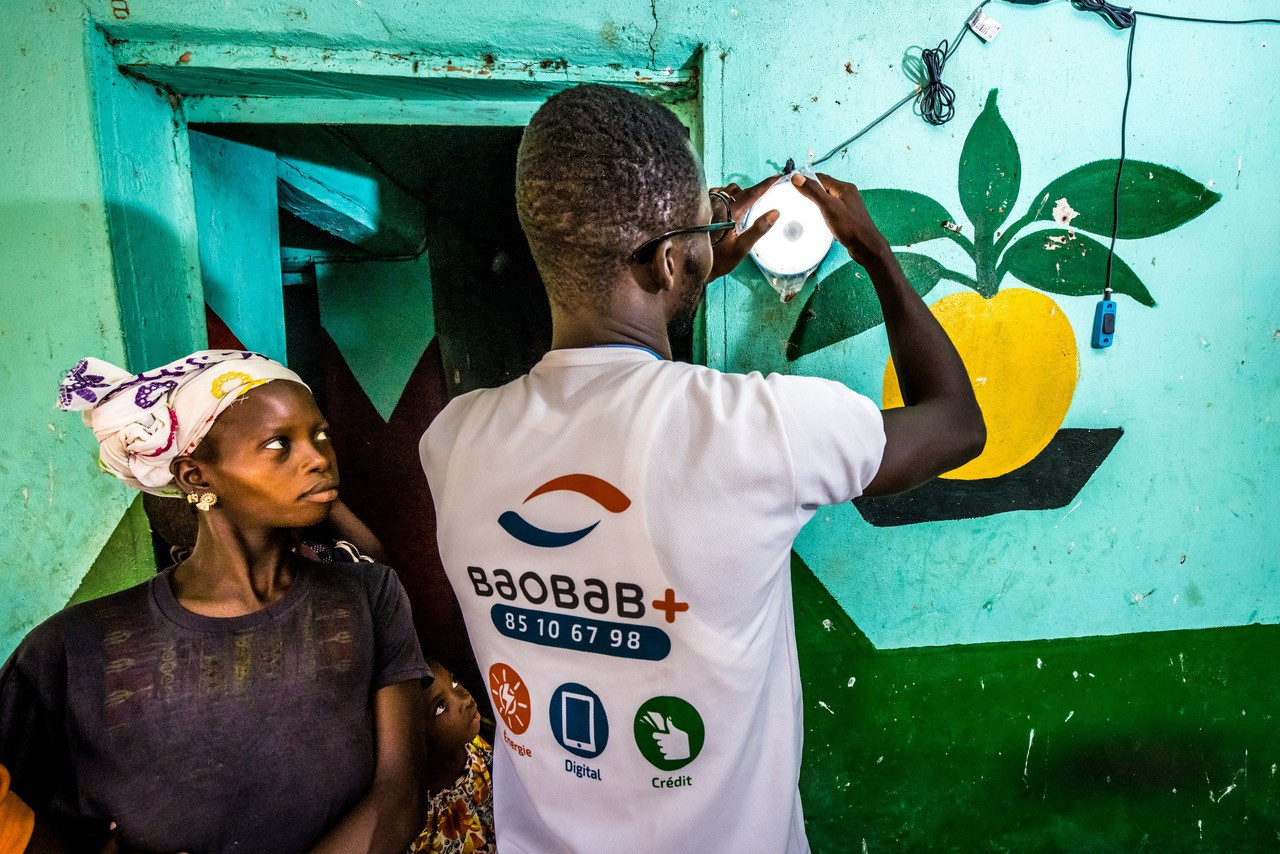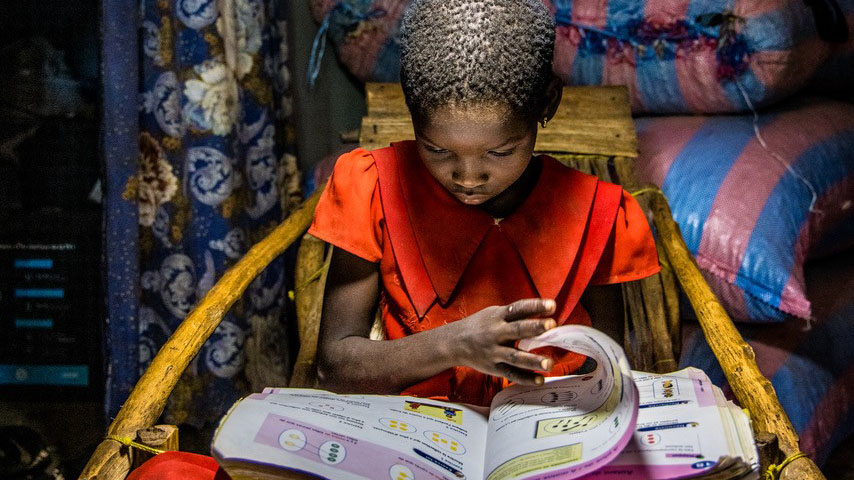A new mandate awarded by Germany’s KfW to a consortium comprising Triple Jump, Persistent and GreenMax Capital Advisors will support new ways to decentralise electricity supply in sub-Saharan Africa.

In brief
- The Clean Energy and Energy Inclusion for Africa Foundation (CEI Africa), set up by German development bank KfW, will support privately operated small electricity grids (mini-grids – which are separate from the public electricity distribution system)
- The Foundation will supply climate-friendly electricity for people in sparsely populated areas of Sub-Saharan Africa.
- Grants will be used to incentivise companies to deliver renewable energy solutions to their customers.
In another sign of the rapid evolution of financing for rural mini-grids, KfW signed a €49 million financing agreement in early December for CEI Africa under which the consortium partners will provide management services to the Foundation, supplying renewable electricity independently of the power grid, with financing via digital credit.
The financing will also target providers of stand-alone solar solutions for households, SMEs and health clinics and renewable energy systems for users such as grain mills, water pumping, cold storage, ice making, coffee grinding, and stone crushing.
CEI Africa will also work with digital lending platforms, known as crowd lenders, to provide the financing for mini-grids and small energy solutions such as solar lighting, home solar systems, solar-powered mills, pumps, and cooling systems.
Collective expertise
The CEI Africa mandate aims to accelerate market development in the more challenging access to energy subsectors. Netherlands-based impact focused investing manager Triple Jump will act as the lead fund manager of CEI Africa in partnership with GreenMax Capital Advisors, a specialist in renewable energy investments in emerging markets, and Persistent, a climate venture builder.

The CEI Africa mandate will draw on their substantial collective expertise to run the grant-based and crowdlending windows respectively.
Triple Jump, advised by Persistent, helped found the Energy Entrepreneurs Growth Fund (EEGF) in 2019 to help scale innovative companies that provide off-grid solar in Africa. That provides early to mid-stage growth capital, mainly mezzanine and senior lending to these companies, as well ‘engine room’ support – focused on marketing, human resources, financial systems, governance and IT architecture and tools.
EEGF expects to reach 5.4 million households and businesses, and avoid the emission of 4.5 million tonnes of CO2. It made its first investments in three off-grid solar providers in sub-Saharan Africa earlier this year.
The focus on the off-grid energy market reflects Triple Jump’s focus on both individuals and SMEs.
Rural power
“Any rural activity needs energy,” says Jan-Henrik Kuhlmann, Head of Climate & Nature at Triple Jump. “And in Africa, half of the population is not connected to the grid. In many areas, you don’t even have a grid because people live so far from each other.”
“That’s why we felt we shouldn’t do another renewable energy project fund, but rather focus on this area where also the business models are not too different from microfinance.”
As many as 187 off-grid and small-scale power networks, and 70,000 new power connections will be supported by CEI Africa’s initial financing. Through these activities it is envisaged more than 350,000 people will gain access to electricity.
Over the next ten years CEI Africa hopes to involve other public donors to achieve its targeted ten-fold increase in Foundation funding and number of electricity connections. Small savers and so-called diaspora investors, savers with a migration background who have a familial or personal connection to the investment countries in Sub-Saharan Africa, will also be able to invest.
Mini-grid sector is crucial
The solar energy market has a similar pre-financing approach seen in microfinance. “That’s why we partnered with Persistent. They really helped building this business model to help on the corporate function side. Now they’ve became a climate venture builder,” Kuhlmann tells Impact Investor.
The mini-grid sector is crucial because that is where concessionary capital is really needed. “Mini-grids are not quite at the level where they should be commercially,” says Kuhlmann. “With mini-grids, it is all about reaching the right impact groups through the outcome and output based approach. For this Triple Jump partners with GreenMax Capital, a specialist in this field.”
Until now there have been relatively few commercial opportunities on mini-grids. That led Triple Jump towards a very targeted concessional and results-based finance (RBF) approach to get the sector to a certain size and to get it to get it to the right people. “We think it needs this trigger,” says Kuhlmann.
The other key targeted window is crowd lenders, who are specialised in mobilising capital and facilitating the platforms for it.
“Their strengths are on the marketing side. It’s really a ‘cookie cutter’ investment approach, getting the money in at low cost and getting it over the line. So we want to support them with more equity, mezzanine, and with due diligence. That way they can learn from the experience, and do more campaigns,” says Kuhlmann.
Results-based finance
Triple Jump has another two to three mini-grid deals in its pipeline. The partners believe they can invest even better through EEGF and others to bring more companies to an investable, commercial stage.
One of EEGF’s targets is to support female owners and entrepreneurs with the RBF approach, which is outcome and output focused, so that mini-grid providers get paid a certain amount if they reach it through a grant programme, such as the CEI.
“It makes sense to increase the windows or maybe have different windows over time added to it. We have some concrete ideas on some RBF sub windows. It’s an empirical approach, growing certain windows and then adapting them to see what really works and what doesn’t,” says Kuhlmann.






